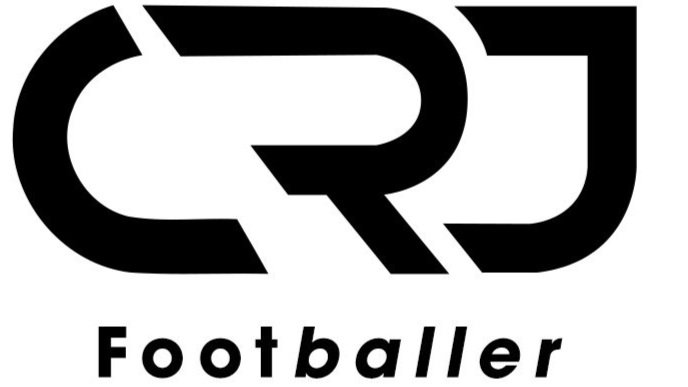Injuries Suck! - Here’s What I’m Learning From Mine
If you're chasing a dream in football, there’s one thing no one really prepares you for: injuries.
Right now, I’m dealing with a hip flexor strain. It’s actually something I had a couple of years ago back in Canada—but this time it came back harder. I felt it during training and tried to push through, but deep down I knew something wasn’t right. Since then, I’ve been off the pitch with both Estoril and Trajouce, and honestly, it’s been one of the most frustrating things I’ve had to deal with since moving to Europe.
But this time, I’m trying to do it right. Not just physically—but mentally, emotionally, and with the bigger picture in mind.
The Mental Side of Being Injured
Physically, injuries suck. But mentally? They hit even harder.
In a pro academy setting, every session feels important. You're always trying to prove yourself—especially when you're new and still building your place in the squad. When you get hurt, it feels like everything pauses. Everyone else is moving forward while you're stuck watching.
You start to question everything:
“Am I going to fall behind?”
“Will the coaches forget about me?”
“What if someone else takes my spot?”
It’s heavy. But the biggest thing I’ve learned is this: getting injured isn’t the end of your journey—it’s just a different part of it.
Warm Up. Cool Down. Repeat. Even If You Don’t Want To.
Let’s be real—most of us teens don’t think about injury prevention. We just want to get to the fun stuff: the game, the goals, the hype. I used to skip warm-ups, half-effort my stretches, and bounce after training without cooling down.
Big mistake.
This injury has made me realize how important all that “boring” stuff is. If you want your body to perform like a pro, you’ve got to treat it like one.
What I’ve learned:
Warm-ups activate the right muscles and prep your joints—skipping them increases injury risk.
Cool-downs help flush out soreness and speed up recovery. Walking off the pitch and straight to the car is not it.
Mobility and strength routines (especially core, hips, and glutes) aren’t optional—they’re essential.
If I had taken this more seriously earlier, I might not be injured now. Lesson learned.
Communication Is Everything
Here’s something most people don’t talk about: you have to speak up when something doesn’t feel right.
As players, we’re taught to “tough it out.” But when you’re injured, pretending everything’s fine just delays recovery—and risks making it worse.
Only you know how your body really feels. That’s why it’s so important to communicate:
With your physio, so they can treat the real issue (not just the symptoms).
With your coaches, so they understand what’s going on and don’t assume you're not committed.
And with your parents, especially if you’re living abroad like me. They want to support you—but they can’t unless you're honest with them.
It’s not weakness to say you’re hurting. It’s maturity. It’s smart.
Patience Is Hard. But It’s Part of the Game.
Being injured has forced me to slow down—and that’s not easy for someone who’s constantly trying to prove themselves.
You hear people say, “Be patient.” And yeah, they’re right—but it’s frustrating. It’s hard watching your teammates train. Hard seeing your name off the matchday squad. Hard feeling like you’re not contributing.
But I’ve come to see that patience is about trusting the process, not just waiting around.
I’ve been using this time to:
Stay engaged at training even if I’m not participating.
Do upper-body work and injury-specific rehab.
Watch game footage and learn from the sidelines.
Build mental strength and confidence for when I come back.
That’s part of the grind too—just a different kind of grind.
When Is the Right Time to Come Back?
This part is crucial.
As athletes, we want to come back as soon as possible. But coming back too early can undo everything you've worked for. Trust me—I’ve been there before.
Now, I ask myself:
Can I move at full speed without hesitation?
Can I strike, sprint, defend, and recover without pain or fear?
Am I mentally ready—not just physically?
If the answer isn’t yes across the board, I’m not ready. And that’s okay. Because this isn’t just about this week or next month. It’s about the next 10 years of football.
Final Thoughts
This injury has slowed me down, but it’s also helped me grow up a little.
It’s taught me how to take care of my body. How to listen to what it’s saying. How to speak up when something’s off. How to stay mentally strong even when I can’t play. And most importantly—it’s taught me that playing the long game is more important than rushing back for a short-term win.
If you’re a young footballer reading this—maybe even dealing with your own injury—know that you’re not alone. And this isn’t the end of your story.
It’s just the beginning of a better, stronger, smarter version of you.
